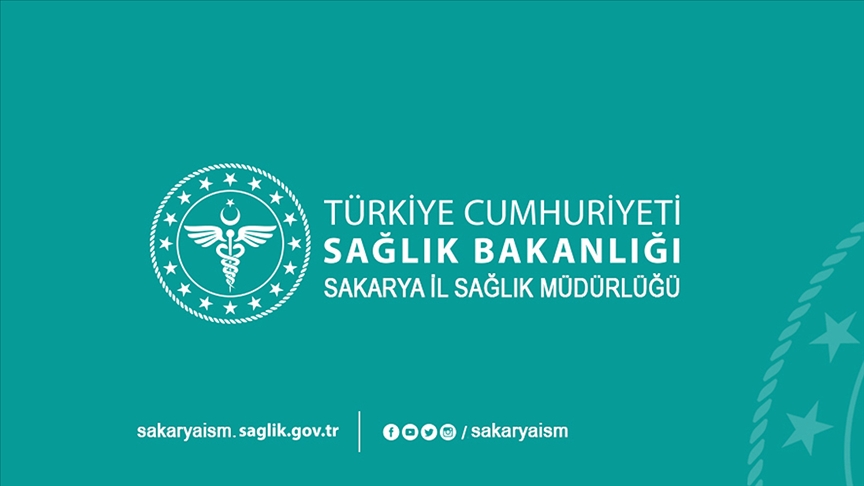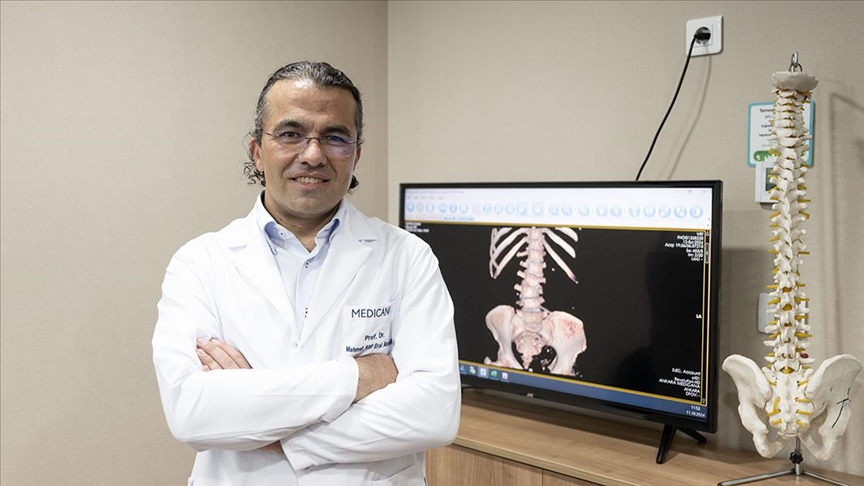
Committee Examines Euthanasia in Canada: Concerns Over Homelessness and Isolation Influencing Deaths
The clinic world > Committee Examines Euthanasia in Canada: Concerns Over Homelessness and Isolation Influencing Deaths
Concerns Raised Over Euthanasia in Ontario Driven by Social Issues
An expert committee in Ontario, Canada, has revealed significant concerns regarding euthanasia deaths, highlighting cases where social factors such as isolation and fears of homelessness contributed to patients requesting assisted dying. These findings raise alarms about the vulnerability of individuals within Canada’s assisted dying system.
The committee's analysis, part of reports released by Ontario’s chief coroner, focuses on non-terminal cases, where euthanasia was allegedly sought for unmet social needs rather than solely medical conditions. As per current legal criteria, a terminal diagnosis or unmanageable pain is necessary for approval; however, the reports indicate applicants faced debilitating social isolation.
Dr. Ramona Coehlo, a committee member, emphasized the importance of acknowledging these cases, highlighting ongoing fears that impoverished, disabled, or socially isolated individuals may feel compelled to opt for euthanasia.
Notably, one case involved "Mr. A," who struggled with multiple issues, including unemployment and mental health challenges. Committee discussions revealed concerns over insufficient pain management efforts prior to his euthanasia, with some members questioning the ethical implications of a psychiatrist recommending this course during an assessment.
Further, the plight of "Ms. B," a woman suffering from a lack of housing and multiple health issues, underscored the contention surrounding euthanasia requests based on social circumstances rather than purely medical criteria. While one viewpoint argued she should have been disqualified, others suggested that unmet social needs could be deemed irremediable.
The committee posited various recommendations, including better advocacy for patients considering euthanasia and more guidance for healthcare providers assessing such requests. Alarmingly, evidence suggests nearly 2% of cases may not have met legally mandated safeguards, yet no professionals have faced prosecution for these oversights.
Experts are urging for a revision of the existing laws surrounding assisted dying, as systemic issues concerning the handling of vulnerable populations in Ontario's euthanasia practices become increasingly apparent.
Source: ABC News

Sakarya Provincial Health Directorate's Statement on Allegations of Negligence in Baby's Death
AA
Minister Memişoğlu: Structural reforms for private hospitals are on our ministry's agenda
AA
Rwanda Reports No Community Transmission of Marburg Virus, Zero New Cases Recently
ABC News











